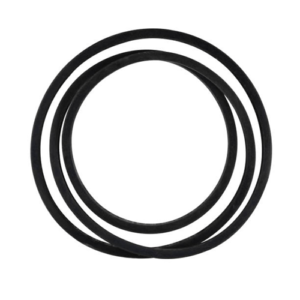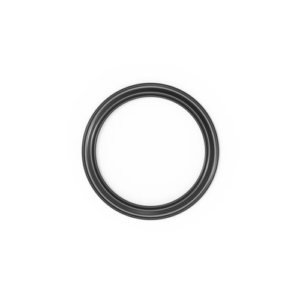Hydrogenated Nitrile(HNBR) is a synthetic polymer that is obtained by saturating the double bonds in butadiene segments with hydrogen, and it is also called HSN(HighIy Saturated Nitrile). This special hydrogenation process reduces lots of double bonds in the main chains of NBR polymer, thus HNBR possesses superior heat, and ozone. chemical resistance and mechanical characteristics over standard Nitrile.
Acrylonitrile Content
Same as NBR. there are different levels Of Acrylonitrile (ACN) content in different HNBR polymers. The ACN content can be varied from 17% to 49%. Lower ACN content gives better low-temperature properties but fuels and FY)Iar lubricants. Higher ACN content gives poorer low-temperature properties but improves fuels and polar lubricants resistance. Standard HNBRs typically have 36% ACN content.
Cure system – Peroxide-Cured
HNBRs are usually Peroxide-cured for standard compounds of Ge Mao. It also can be Sulfur-cured to improve flexible properties in dynamic system but will reduce the heat resistance and cause compression set.



